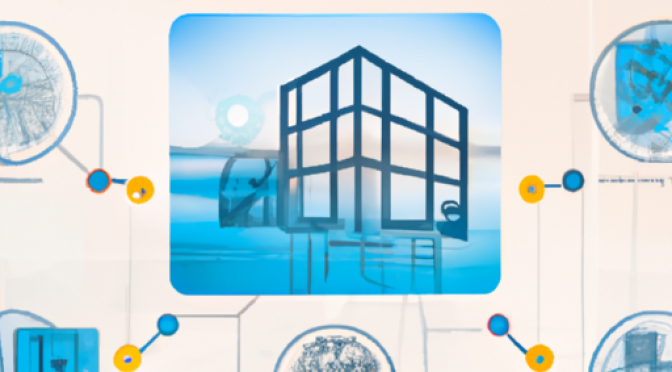How can Artificial Intelligence support energy efficient solutions in smart grids?
Energy-efficient solutions are of paramount importance in the modern world, where energy consumption and greenhouse gas emissions are posing serious challenges to the planet. The combination of smart grids and Artificial Intelligence (AI) offers a promising solution for energy efficiency. This article shows how AI can help smart grids to develop energy efficient solutions.
1. Data collection and analysis
AI systems in smart grids can collect and analyse large amounts of data. This enables a more accurate understanding of energy consumption and network load. Based on the data, the system can make predictions and optimise energy use. For example, AI algorithms can adjust cooling and heating systems based on weather forecasts to minimise energy use.
2. Intelligent energy distribution
AI systems in smart grids help to make energy distribution more efficient. AI algorithms can optimise energy distribution on the network, taking into account the needs of consumers and the available energy resources. This allows balancing the load on the network and minimising the distribution of excess energy. MI systems are able to monitor energy demand and production data in real time and optimise energy distribution based on this information.
3. Troubleshooting and maintenance
AI systems in smart grids can identify and repair network faults. AI algorithms continuously monitor the network and detect faults or anomalies immediately. This enables rapid intervention and troubleshooting, which reduces network downtime and minimises energy consumption. AI systems can automatically perform maintenance tasks such as the scheduled replacement of network devices or the optimisation of network load.
4. User interaction and awareness
AI systems in smart grids enable users to actively participate in the energy efficiency process. AI algorithms are able to provide real-time feedback to users on their energy use and make suggestions for more energy efficient operation. This increases users' awareness of energy consumption and encourages them to make more energy-efficient decisions. AI systems can provide users with personalised recommendations, such as tips on how to optimise energy use or reduce energy consumption.
The above points show how AI can support energy efficient solutions in smart grids. AI systems can collect data, analyse and optimise energy use, as well as correct network faults and increase users' energy efficiency awareness. The sustainable-materials-are-used-in-recycled-water-systems-and-water-storage-applications/">application of energy-efficient solutions in smart grids can contribute to a more sustainable future and a more efficient use of energy resources.
∑: energy, efficient, systems, network, solutions, consumption, optimise, distribution, algorithms
